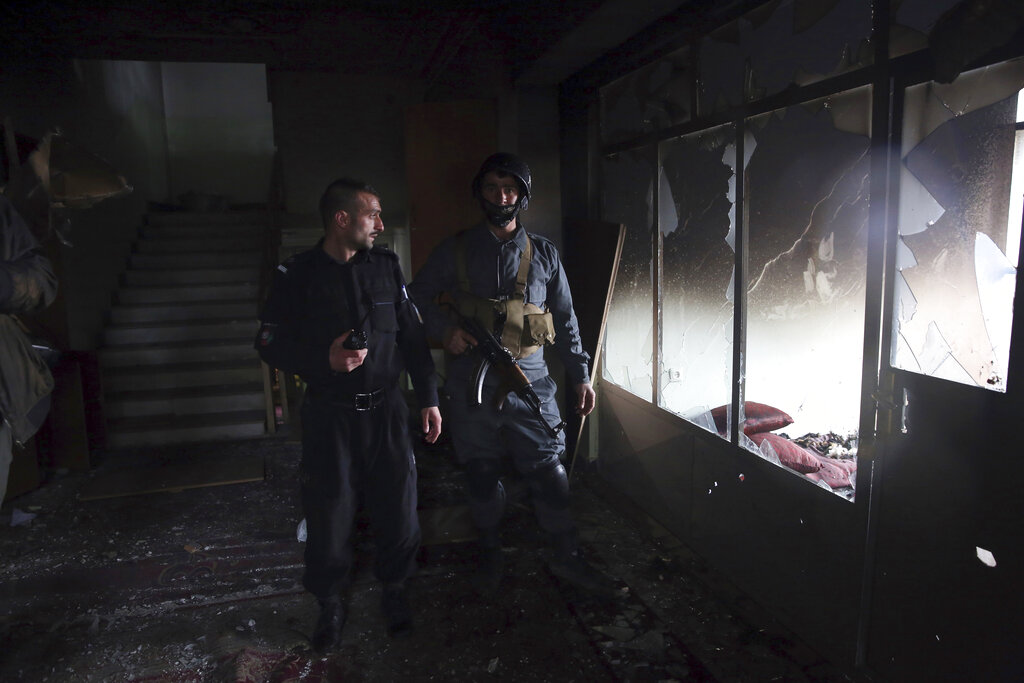The coronavirus has stopped the world on its tracks. But it has not been able to stop humans from perpetrating barbaric attacks upon one another. The attack on a gurdwara in Kabul that killed at least 25 Sikh men, women and children is an example of the unrestrained nature of the cruelty that seems to be at the disposal of extremists. The Islamic State has taken responsibility for the brutal attack. It was, the IS claimed, inflicted to avenge Kashmir. The implications of the bloodshed are not limited to the realm of morality. Realpolitik, a fluid sphere in war-ravaged Afghanistan, is undoubtedly going to be affected and altered by this vicious development. For instance, one of the fundamental clauses in the recent peace deal that Donald Trump’s administration signed with the Taliban centres around the latter’s pledge to rid Afghanistan of the poison called the IS. But this is easier said than done. For one, the IS, as always, has been an amorphous entity. The Taliban have denied any involvement in the bloodshed. Does that mean that the insurgents enjoy the patronage of Pakistan, which, too, has condemned the attack? The Haqqani group is the dominant force within the Taliban. This network has played an instrumental role in targeting India’s interests, including the bombing of the Indian embassy several years ago. It is unlikely that New Delhi would be assured by the Taliban’s denial. Efforts to identify the culprit are likely to be hampered by the ongoing turf war between Abdullah Abdullah and Ashraf Ghani, both of whom claim to be the legitimate claimants of the presidency. The absence of international arbitration augmented by Mr Trump’s decision to withdraw could make matters worse for minorities.
New Delhi would be watching subsequent developments closely. But the signs of turmoil cannot be reassuring for Kabul either. Violence within a stratified political leadership — the bane of Afghanistan for decades — is likely to undermine humanitarian efforts to contain the contagion that has already ravaged Herat.











